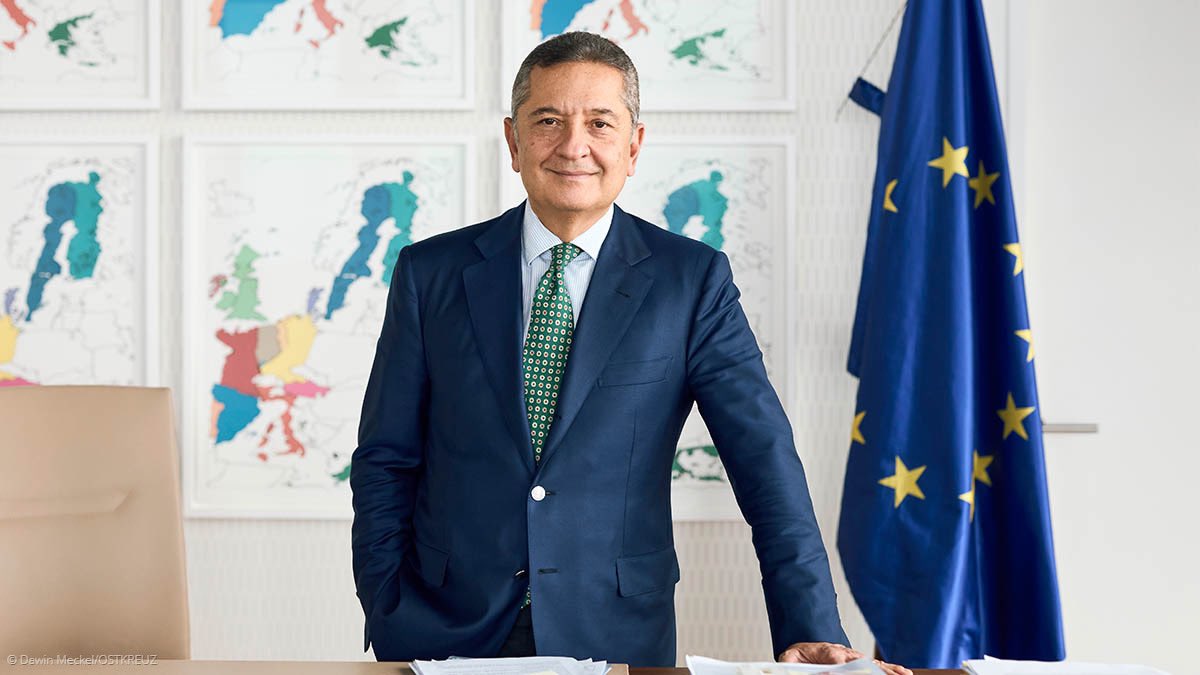(THREAD) After the initial crisis response, banks and supervisors should now look beyond the pandemic, says Supervisory Board Chair Andrea Enria at the @EBFeu public dialogue on European banking beyond the pandemic 1/4 

Enria: Our immediate relief and capital conservation measures have proven to be effective, with banks planning to expand their loan books. Now our supervisory strategy has moved into a new phase 2/4
Enria: Banks must brace for the deterioration of asset quality that is likely to materialise as the system-wide payment moratoria are lifted. Adequate management of risks and non-performing loans is key to avoiding costly cliff effects 3/4
Enria: A proactive attitude is needed on all sides. This includes authorities’ initiatives to make reducing bad loans easier, as well as improving banks’ weak profitability by reshaping business models or through consolidation bankingsupervision.europa.eu/press/speeches… 4/4
• • •
Missing some Tweet in this thread? You can try to
force a refresh








